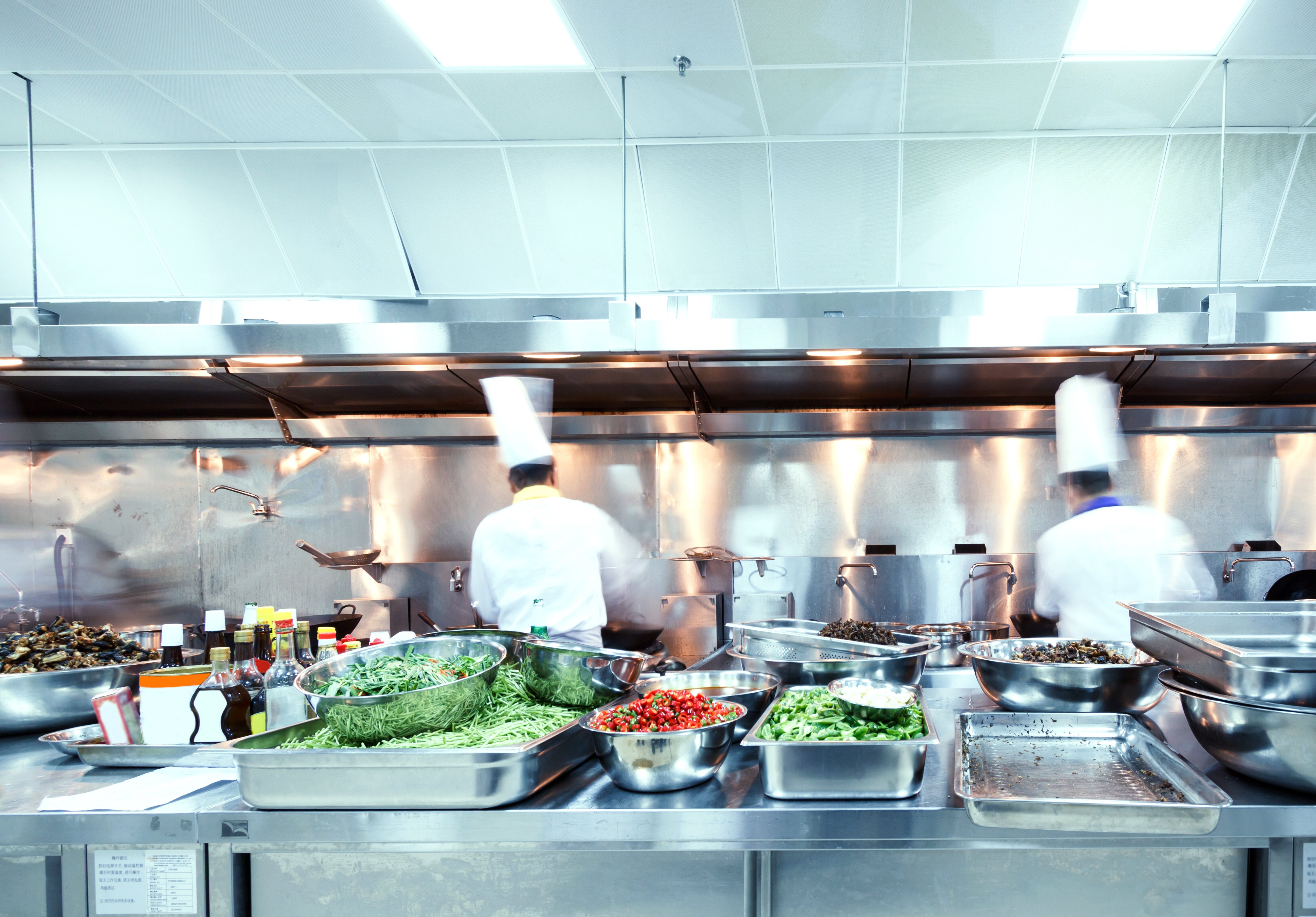Number of EU workers in hospitality drops 26% in two years
The number of EU workers in the UK hospitality industry has dropped 26% in the last two years, according to new data.
Analysis by software provider Fourth’s network of its 700 hospitality businesses shows how the proportion of staff in the sector has changed following Brexit and the impact of the pandemic.
British staff currently account for 54% of the workforce, compared to 47% in October 2019.
People from non-EU countries make up 15% of the workforce, up from 11% two years ago, and the proportion of EU nationals in hospitality has dropped to 31%.
October was the first time since the outbreak of the pandemic that all sectors within hospitality saw their staff headcount increase compared to the same month last year, although overall staffing levels are still 18% down on the same period two years ago.
Fourth’s data also showed how wages are rising, with average pay for back-of-house roles for those aged 23 and over now approaching £10 per hour for the first time.
Rates of pay across pubs and restaurants have increased since trading restrictions were lifted in April and are likely to continue to do so with the new National Living Wage rates coming into force in April 2022.
At the same time the number of hours staff are on average working have increased for seven consecutive months and are 42% up on 2020.
Sebastien Sepierre, managing director – EMEA, Fourth, said: “As economic activity builds and the nation begins to move again, we are beginning to see green shoots in the hospitality sector. While we are not yet back to levels of 2019, more staff are being recruited and more hours are being worked than at this time last year.
“However, this growth serves to highlight the labour shortage and just how competitive businesses must be to both attract and retain staff. The new National Living Wage rates announced in the Autumn Budget will ensure the average hourly rate of pay continues to rise, placing further pressures on hospitality businesses.”
Image: SnvvSnvvSnvv / Shutterstock









